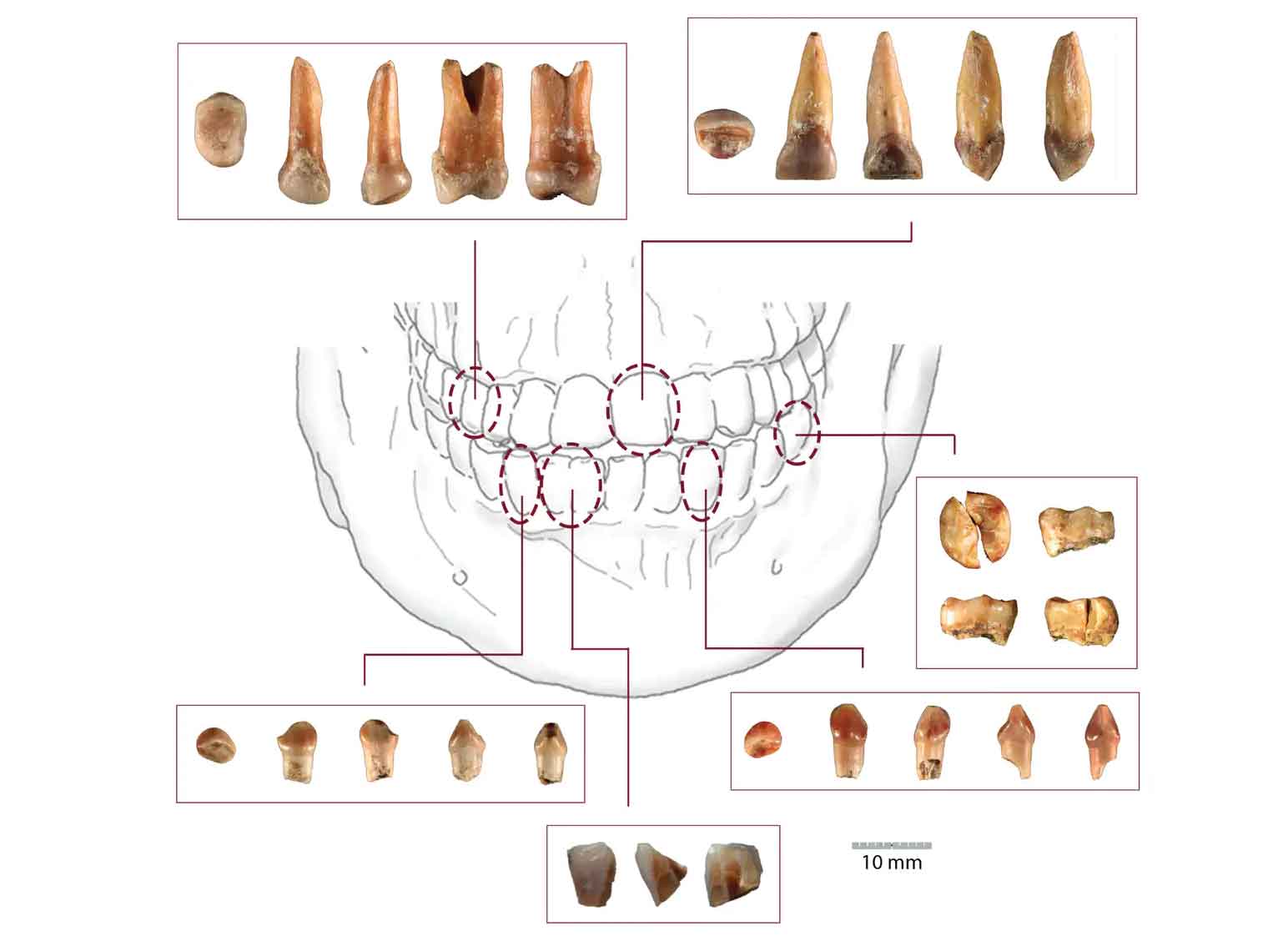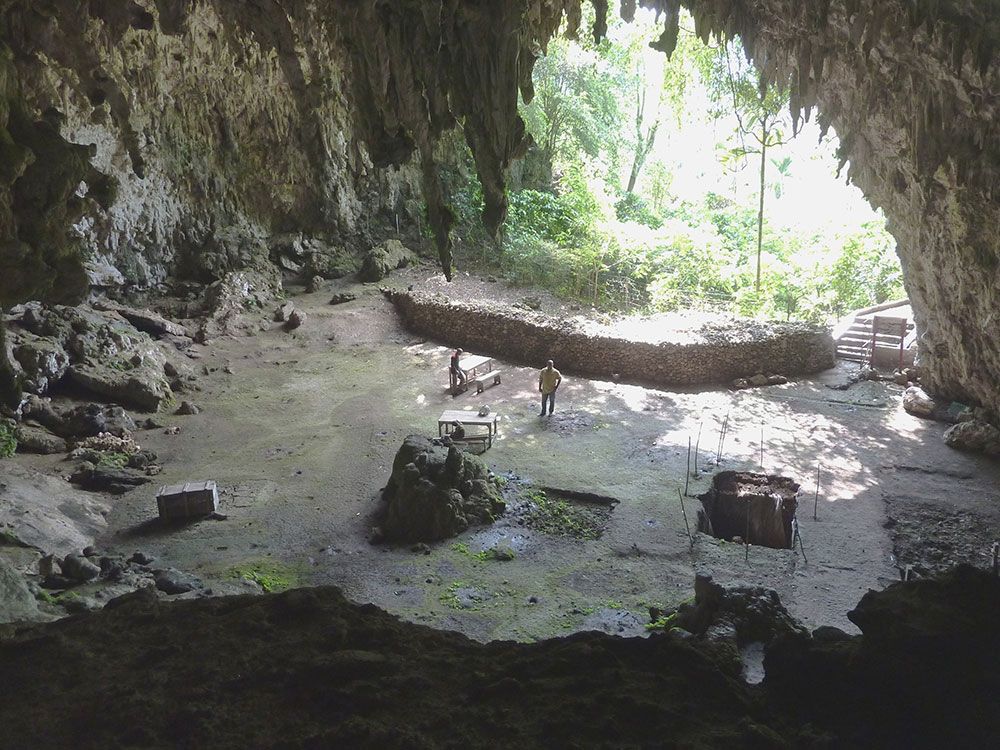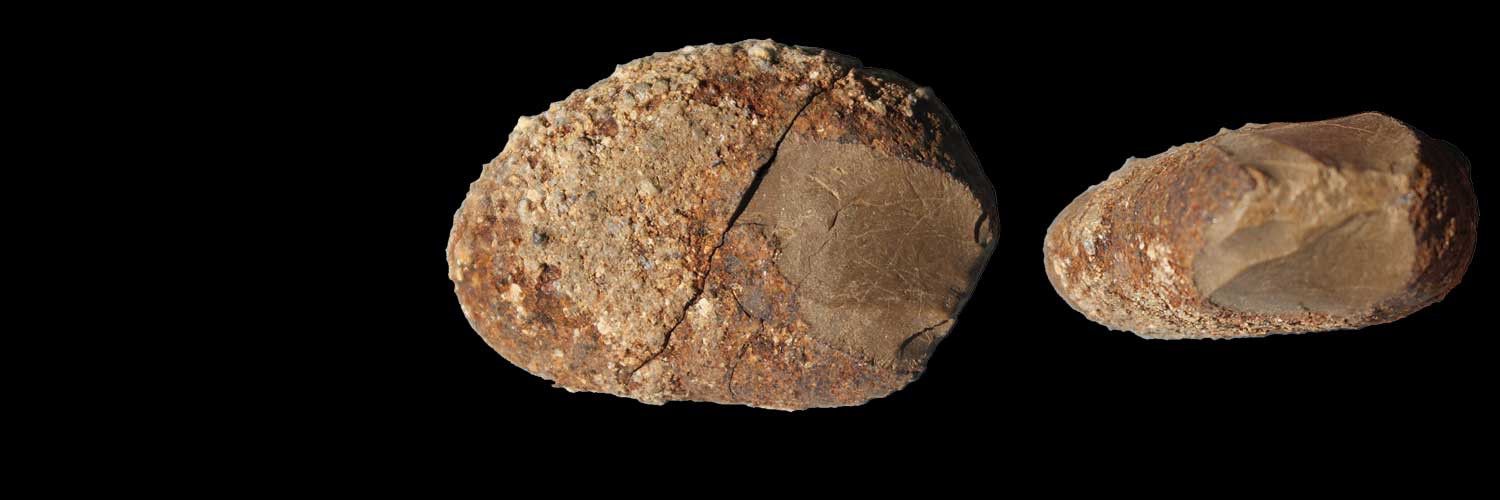Blog articles
An possible ancestor of Homo floresiensis from the Middle Pleistocene of Flores
Gerrit van den Bergh and coworkers describe dental remains and a jaw from Mata Menge, 700,000 years ago.

Neandertals built a circle out of stalagmites deep underground. What does it mean?
Examining the work of Jacques Joubert and coworkers that describes this mysterious structure and the possible intention behind it.

A revised chronology for Liang Bua places Homo floresiensis earlier than 60,000 years ago
Further study of the “hobbit” site shows that the stratigraphy was more complicated than assumed back in 2004, with skeletal remains much earlier than originally published.

How much sex did it take for Neandertal DNA to enter modern populations?
Addressing a widespread misconception about what geneticists are really measuring when they look at population mixture.

Did humans approach the southern tip of South America more than 18,000 years ago?
An article by Tom Dillehay and coworkers describes the archaeology of Monte Verde I, preserving artifacts together with burned features.

Another Denisovan from Denisova Cave
A review of the 2015 work identifying the Denisova 8 specimen by Susanna Sawyer and coworkers.

What is the ‘braided stream’ analogy for human evolution?
A discussion of the way that reticulation has manifested across human evolution, with reference to an essay by Clive Finlayson.

A modern look at pollen from Shanidar and the question of "flower burials"
Work by Marta Fiacconi and Chris Hunt provides new knowledge of the ways that pollen may have entered the Neandertal site.

Two anthropologists float some curious notions about Homo naledi
I look at views expressed by Jeffrey Schwartz and Tim White about the anatomy of Homo naledi and its relationships with other hominins.